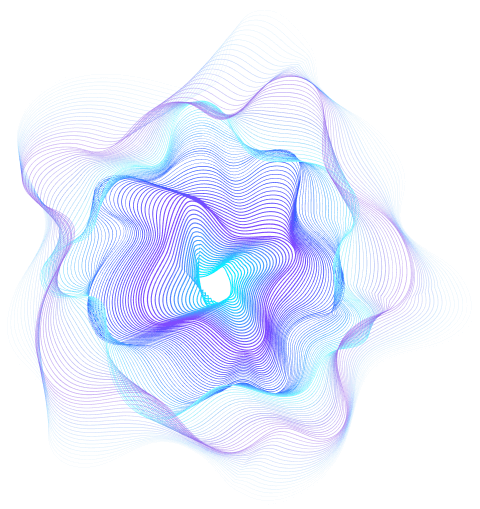Pioneering the Future of AI Innovation
Discussions will cover trustworthy AI, focusing on model reliability, interpretability, and adversarial robustness, while sustainability sessions will explore energy-efficient training, low-precision computing, and eco-friendly AI architectures. Experts will also highlight AI’s role in optimizing complex networks, from telecommunications to infrastructure, and showcase breakthroughs in healthcare, including drug discovery, predictive diagnostics, and automation.
Main Themes and Highlighted Speakers

Main Themes and Highlighted Speakers
Trustworthy and Sustainable Machine Learning
Discussions will focus on theoretical guarantees for model reliability, interpretability techniques that make AI decisions more transparent, and methods to ensure robustness against adversarial attacks. On the sustainability front, experts will explore algorithmic improvements that reduce the energy consumption of AI models, such as efficient training strategies, low-precision computing, and optimized neural network architectures. By integrating information-theoretic principles, researchers aim to develop AI systems that are not only more explainable and dependable but also significantly more energy-efficient. The session will bring together leading scientists to present cutting-edge approaches that balance accuracy, efficiency, and ethical considerations in modern machine learning.
Keynote Speakers:

Luke Ong
Vice President (AI & Digital Economy) at Nanyang Technological University, Distinguished University Professor and Dean of College of Computing & Data Science
Read more
Tao Dacheng
Inaugural Director of the JD Explore Academy, Distinguished University Professor in the College of Computing & Data Science at Nanyang Technological University
Read moreYurii Nesterov
Professor of Université Catholique de Louvain, CORE(IMMAQ); Research Professor at Corvinus Centre for Operations Research
Read moreNetwork Science
Network science provides a fundamental framework for analysing complex, interconnected systems across diverse domains, including social networks, biological interactions, communication infrastructures, and financial markets. By leveraging mathematical models and computational techniques, researchers can uncover hidden patterns, optimize connectivity, and enhance the resilience of dynamic networks.
This session will explore key advancements in graph theory, network dynamics, and AI-driven network analysis, addressing challenges such as predicting cascading failures, improving network efficiency, and understanding emergent behaviours in large-scale systems. Applications will range from disease transmission modelling and cybersecurity to traffic optimization and economic networks. A strong emphasis will be placed on interdisciplinary collaboration, integrating perspectives from physics, computer science, and data-driven research to advance the field and tackle real-world challenges.
Keynote Speakers:

Albert-László Barabási
Distinguished University Professor at Northeastern University and Professor at Department of Medicine at Harvard Medical School
Read moreStefan Thurner
President of the Complexity Science Hub, External Professor at the Santa Fe Institute
Read moreAI in Medicine and Healthcare
AI is revolutionizing medicine by improving diagnostics, treatment planning, and patient care. This session will explore advancements in medical imaging, personalized medicine, and AI-driven drug discovery, alongside the ethical and regulatory challenges of AI integration in healthcare. A key focus will be AI in Cognitive and Systems Neuroscience research, which enhances our understanding of brain function and dysfunction. By analysing neural data, AI contributes to identifying mechanisms behind psychiatric and neurological disorders, aiding in the development of better treatments for children and adults.
Keynote Speaker:

Guan Cuntai
President's Chair in Computer Science and Engineering and Deputy Dean of the College of Computing & Data Science, Nanyang Technological University
Read moreIndustry, Vision and Robotics
AI-driven automation is revolutionizing industries by enhancing efficiency, precision, and adaptability in manufacturing, logistics, and robotics. This session will explore advancements in computer vision, autonomous systems, and intelligent automation, highlighting their impact on sectors such as automotive, healthcare, and smart cities. Discussions will focus on the latest developments in real-time object detection, human-robot collaboration, and AI-powered decision-making.
Generative AI is also playing a growing role in design optimization, simulation-based training, and predictive maintenance, contributing to more efficient workflows and innovative production methods. Experts will examine how these technologies are reshaping industrial applications while addressing challenges related to scalability, reliability, and ethical considerations.
Keynote Speaker:

Lin Weisi
President's Chair Professor with the College of Computing and Data Science, Nanyang Technological University
Read more